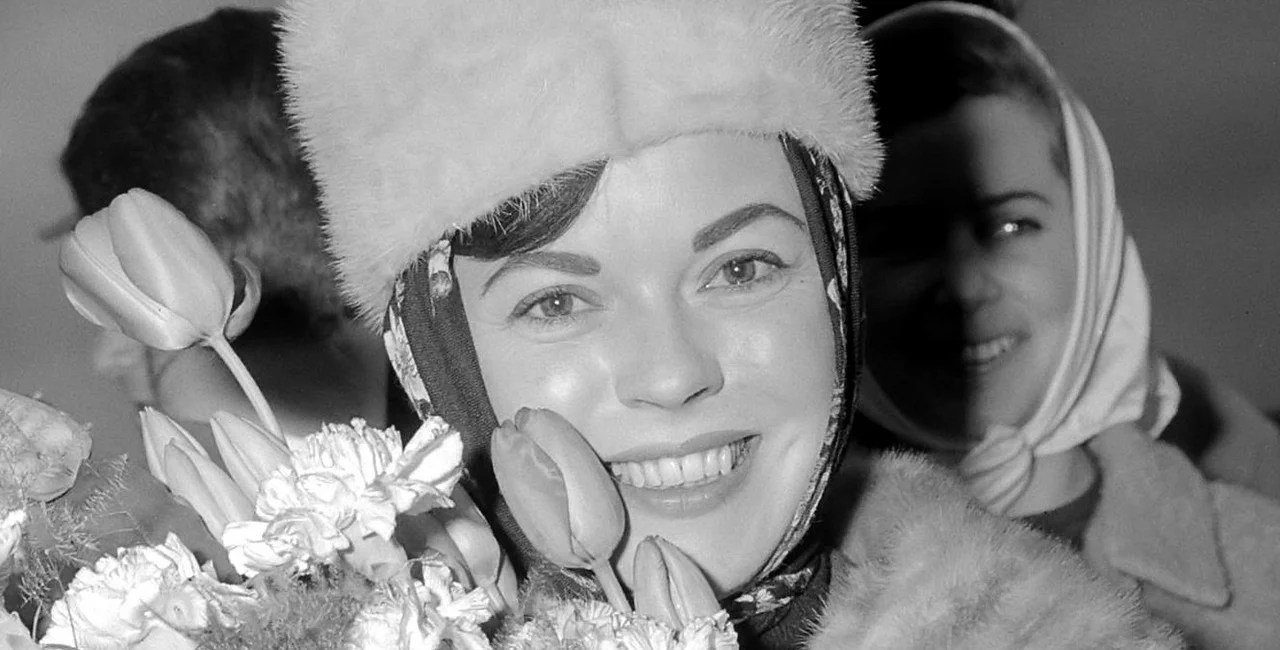August 20–21 marks the 52nd anniversary of the Warsaw Pact invasion of Czechoslovakia. While that is not a significant round number, this is the first year August 21 is legally recognized as the Day of Memory of the Victims of the 1968 Invasion and Subsequent Occupation of Czechoslovakia by Warsaw Pact Troops. Though not a state holiday, it is now designated as an “important day” on the Czech calendar.
The invasion brought a crashing halt to Prague Spring, a period of openness that attracted international musical acts, film stars, and other famous people to Prague. With the sudden arrival of Warsaw Pact tanks and troops, these celebrities found themselves stranded.
The British band the Moody Blues, were in Prague to film scenes for a TV show called Europarty. UK singer Shirley Bassey, French singer Françoise Hardy, Czech singers Marta Kubisová and Helena Vondráčková, and others also appear in Prague locations in the episode.
Actors Robert Vaughn, Ben Gazzara, George Segal, and several other Hollywood actors were in Prague to shoot the war movie The Bridge at Remagen. Their ordeal at Hotel International and subsequent journey back the West itself would be worthy of a motion picture. We described it previously here.
Also in town was former child movie star Shirley Temple Black, who stopped over after a conference in Vienna. She would be forced out in a convoy of cars but would return 11 years later as ambassador to Czechoslovakia just before the Velvet Revolution in 1989 and witness the transformation of the country during her tenure.
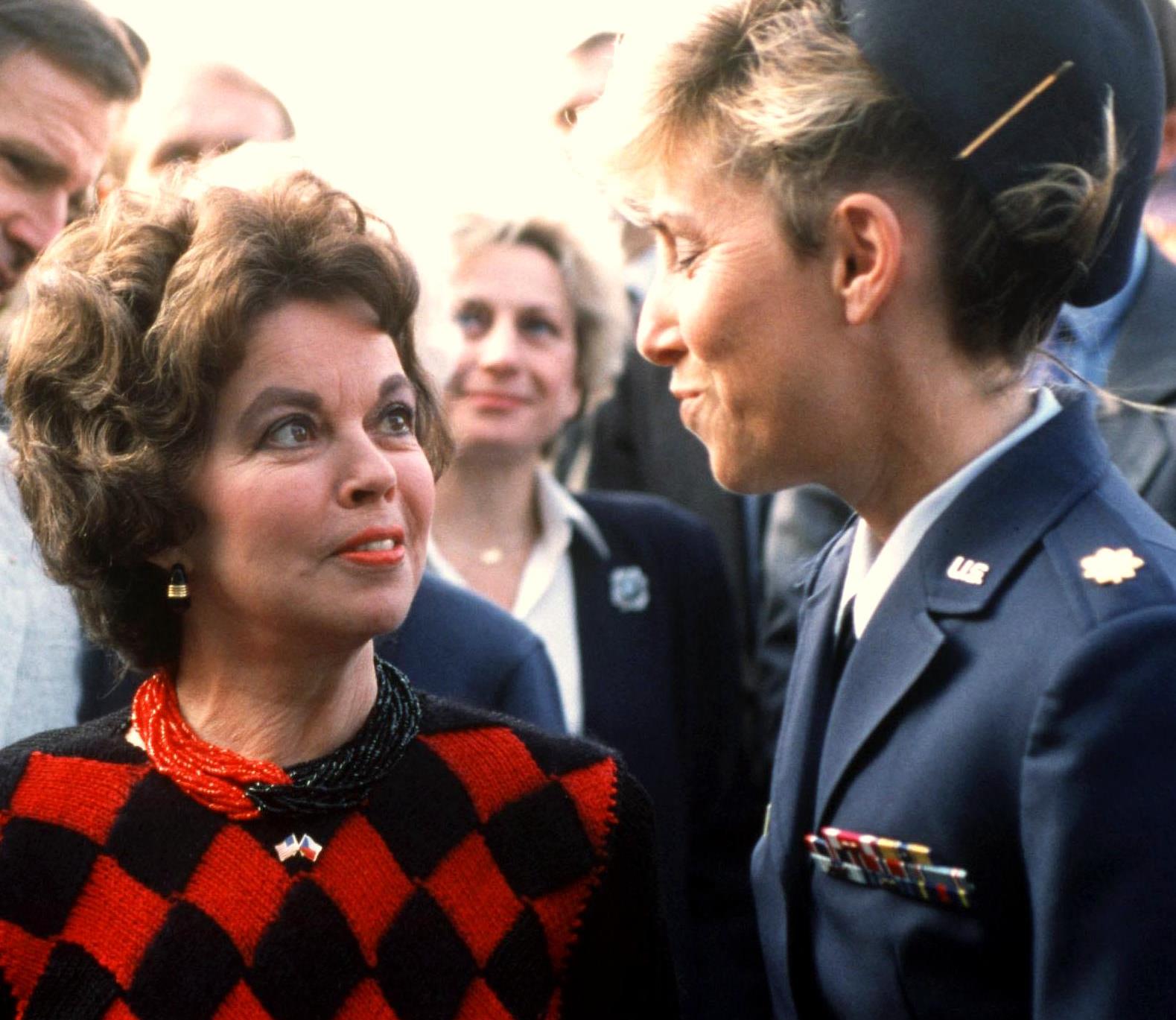
Black was in Vienna in August 1968 for a meeting of the International Federation of Multiple Sclerosis Societies, an organization she co-founded. She arrived in Prague on August 17 to get Czechoslovakia to join the organization and stayed in room 21 at the Alcron Hotel on Štěpánská Street.
Things went well until August 20, when her meeting with Dubček was canceled with no explanation. Black returned to the hotel for a five-hour press conference and then went to bed.
“At 11 [pm] I got a strange phone call from a gentleman speaking mostly Czech,’” she told the New York Times in September 1989. ‘” I understood ‘airport’ and ‘you must come down to the lobby,’ and of course I didn’t. At 10 minutes to midnight, I began hearing shelling, shooting, and I think a bomb, but I thought it was a drill,” she said.
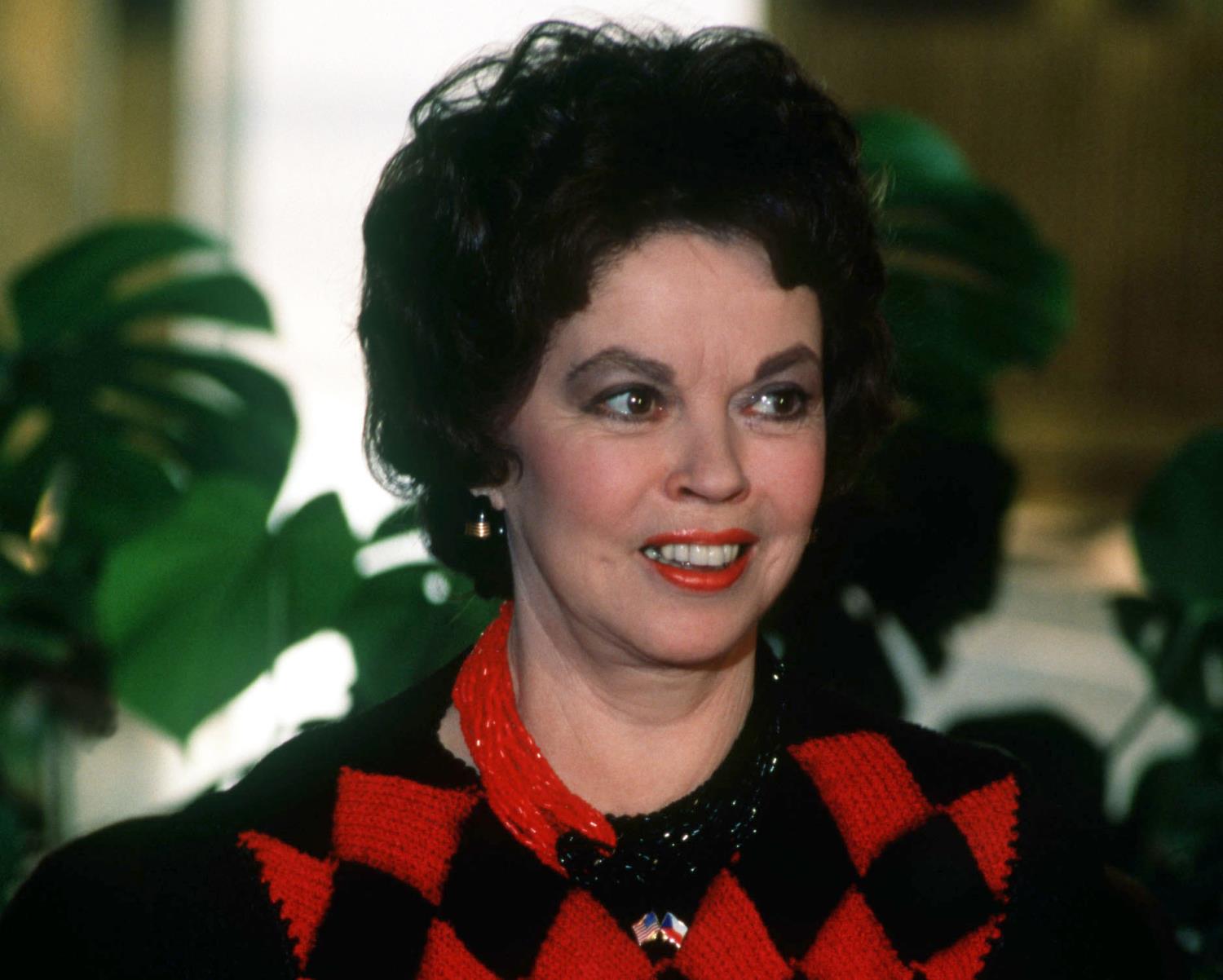
The next day her guide told her she wouldn’t be able to see Dubček at all, and the airport was closed. She and other foreigners in Prague had no easy way left out of the country.
She went to the hotel roof to see what was happening, and saw tanks all around the hotel, with their cannons pointed up at the building. “That night, after curfew, in the lobby looking out at the street, I saw a Czech middle-aged woman shaking her fist at the soldiers. She was shot in the stomach and went down. That was a bad sight,” she said. “Nothing crushes freedom as substantially as a tank,” she added.
In her memoirs and various interviews over the years, she recounted the chaotic scene at the hotel, with people watching the one public TV in the lobby and listening to someone translating from the radio, as Czechoslovak Radio defiantly stayed on the air giving an accurate account of events before the Soviet invaders took it over. She also described the confusion in the streets with citizens confronting Soviet and other Warsaw Pact troops.
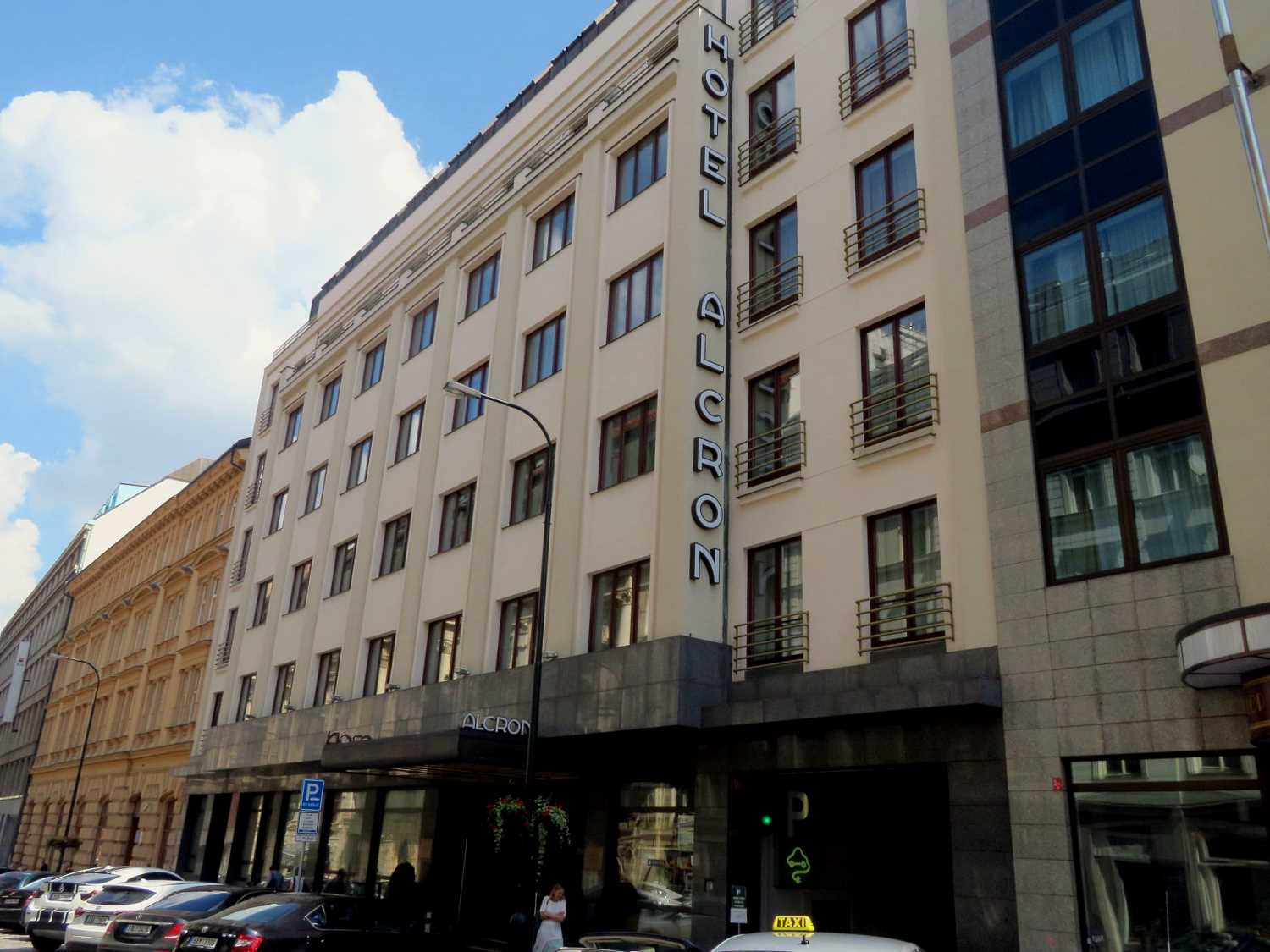
The various descriptions are nicely summarized in the 2018 book The Last Palace by former US Ambassador Norman Eisen.
While calls out of the country were virtually impossible, incoming calls were a bit better. Once the international media found out where Black was, she was constantly on the phone trying to explain as much as she knew of the situation.
The next day she was in a convoy of cars organized by the US Embassy. Some people at the hotel warned her that getting in a strange car might be a trap, but she recognized one of the people from a lunch visit to the US Ambassador’s Residence a few days earlier. The convoy eventually made its way past Plzeň and then to the border with West Germany, where a Soviet soldier let her pass.
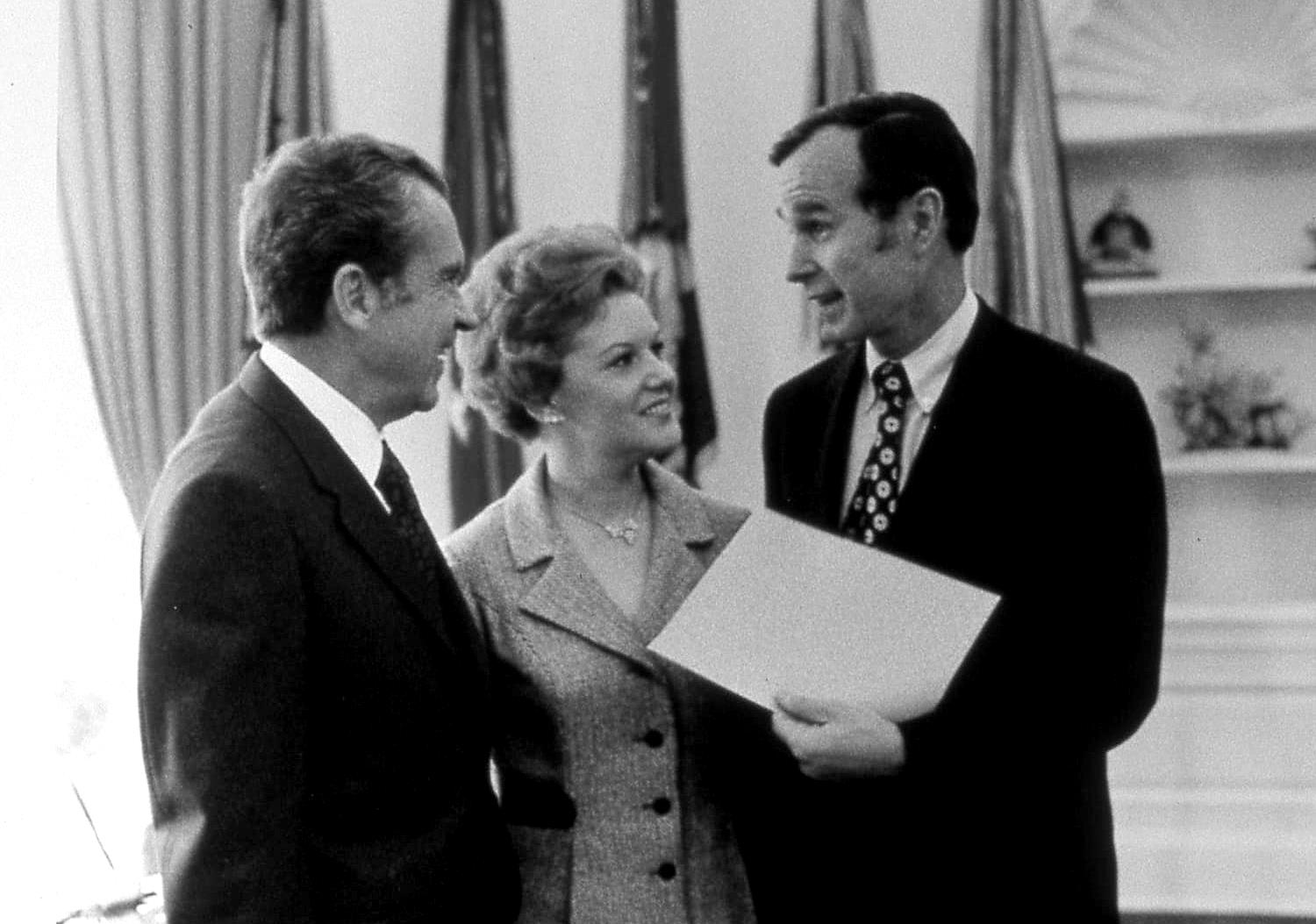
Once back in her then-home town of San Francisco, she donned a traditional embroidered Czech dress that she brought back with her and attended a small protest against the invasion, held near a bust of former Czechoslovak president Tomáš Garrigue Masaryk in Golden Gate Park.
After what she saw in Czechoslovakia, she was inspired to seek a career in diplomacy. US President Richard Nixon appointed her delegate to the United Nations General Assembly in September 1969, and in 1974–76 she was US ambassador to Ghana. From August 23, 1989, to July 12, 1992, she was the US ambassador to Czechoslovakia.
The Moody Blues were filming their Europarty segment during the day of August 20, 1968, just hours before the Soviet-backed invasion of Warsaw Pact tanks crossed the border, and they had a concert in the evening at Lucerna on Wenceslas Square.
The band in the afternoon appeared on Charles Bridge and the steps to Kampa Island to perform two songs — their big hit “Nights in White Satin” as well as “Voices in the Sky.”
It started out well enough. “It was a time of social change and upheaval, but it was during the era when [Prague Spring leader and reformist] Alexander Dubček was in power, and everything had become a lot more relaxed. You heard rock ’n’ roll music at the airport, and it didn’t feel you were in an Iron Curtain country at all,” Moody Blues bassist and vocalist John Lodge recently told music journalist Malcolm Dome for online magazine Prog.
After the gig, the hotel and the manager explained to the band that invasion had taken place, and the occupying troops had taken over the hotel. “‘Hang on,’ we said. ‘We were here first and we’ve given you the Thomas Cook vouchers to pay for our rooms, we’re not going anywhere!’ But we soon came to our senses, and moved out,” Lodge said. All five band members plus and a roadie all squeezed into one room in another hotel.
The only way they could get out was on a Pakistan Airlines Red Crescent flight. “We arrived in the country as rock stars and left in the back of a Red Crescent emergency aid plane – that was a reality check.”
Moody Blues guitarist and lead singer Justin Hayward gave a slightly different account to Outre magazine in 2000, stating that the incident convinced the band to become involved in the anti-war movement. “I think the thing that hit us most was that we were in Czechoslovakia when the Russians rolled in. The British Air Force very kindly got us out, and it wasn’t until we got back to England that we realized what was going on. It left a big impression on us — and not only because we never got paid!” he said.
“We thought all that was over. It made a big mark, and then when we went to America,” he added.
Hayward in a separate video interview said that the British Consulate arranged for the band and other British subjects to be flown out. “Our hotel was taken over by the Russian generals, some kind of Russian command, but of course we had no information at all, nor did the people working with us. We were taken to the airport … in a bus with a lot of other British people who knew that we had to leave but nobody was sure what was going on,” he said.
“It was only when we got to London airport that people said, ‘Hey, you have been all over the news,’ and we realized what had happened,” he said.
He noted the Czech notion of rock music was very dated, and that flower power had not caught on. “They wanted to buy our jeans and our shirts. Those were the things we noticed,” he said, referring to the opening Czech rock act they played with.
He also recounts that there was no changing room for their Europarty scene at Charles Bridge, and the police actually threw a family out of their flat so the band could use it. “We felt so bad,” he said.
But there were some positive memories. “It was a beautiful city and we had a wonderful welcome there,” he added.
Scenes of Prague in 1968 in color, just before the invasion took place, can be seen here.












 Reading time: 7 minutes
Reading time: 7 minutes 